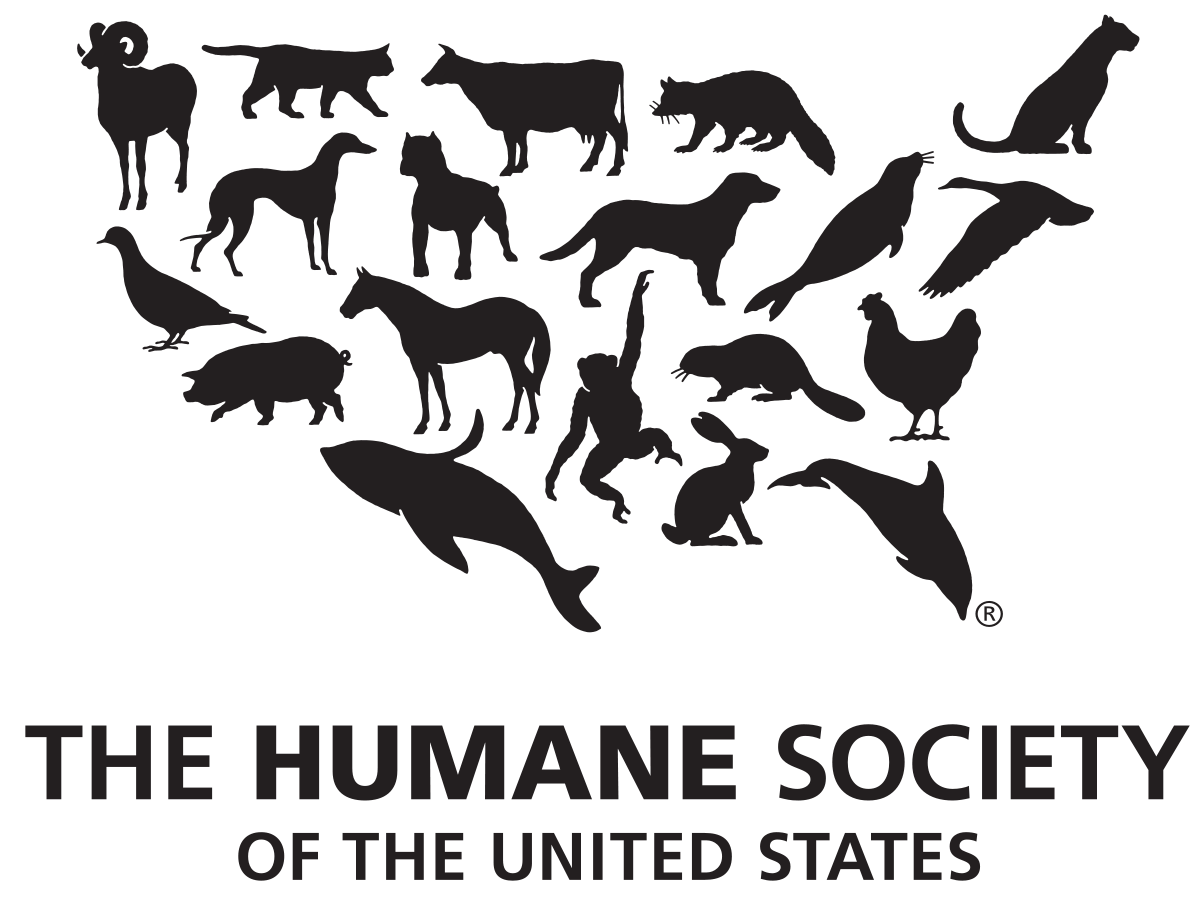The Humane Society
The nation’s most effective animal protection organization.
The Humane Society of the United States is the nation’s largest and most effective animal protection organization.
They provide hands-on care and services to more than 100,000 animals each year, and they professionalize the field through education and training for local organizations. The Humane Society is the leading animal advocacy organization, seeking a humane world for people and animals alike. They are driving transformational change in the U.S. and around the world by combating large-scale cruelties such as puppy mills, animal fighting, factory farming, seal slaughter, horse cruelty, captive hunts and the wildlife trade.
Jennifer Gross has always been an animal lover, valuing life on land and below water. Diane Warren, a good friend of Jenn’s who is an animal rights activist and donor to a number of animal rights charities, invited Jenn and her husband to a gala for the Humane Society in 2016, and they were so moved that they pledged Blue Chip’s support . Blue Chip’s support, like many donations the Humane Society receives, goes to protecting animals suffering in factory farms, research labs, puppy mills and other situations of cruelty and neglect.
The Human Society’s work aligns with the following UN Sustainable Development Goals :
14.4 By 2020, effectively regulate harvesting and end overfishing, illegal, unreported and unregulated fishing and destructive fishing practices and implement science-based management plans, in order to restore fish stocks in the shortest time feasible, at least to levels that can produce maximum sustainable yield as determined by their biological characteristics
14.6 By 2020, prohibit certain forms of fisheries subsidies which contribute to overcapacity and overfishing, eliminate subsidies that contribute to illegal, unreported and unregulated fishing and refrain from introducing new such subsidies, recognizing that appropriate and effective special and differential treatment for developing and least developed countries should be an integral part of the World Trade Organization fisheries subsidies negotiation
15.7 Take urgent action to end poaching and trafficking of protected species of flora and fauna and address both demand and supply of illegal wildlife products
15.c Enhance global support for efforts to combat poaching and trafficking of protected species, including by increasing the capacity of local communities to pursue sustainable livelihood opportunities

